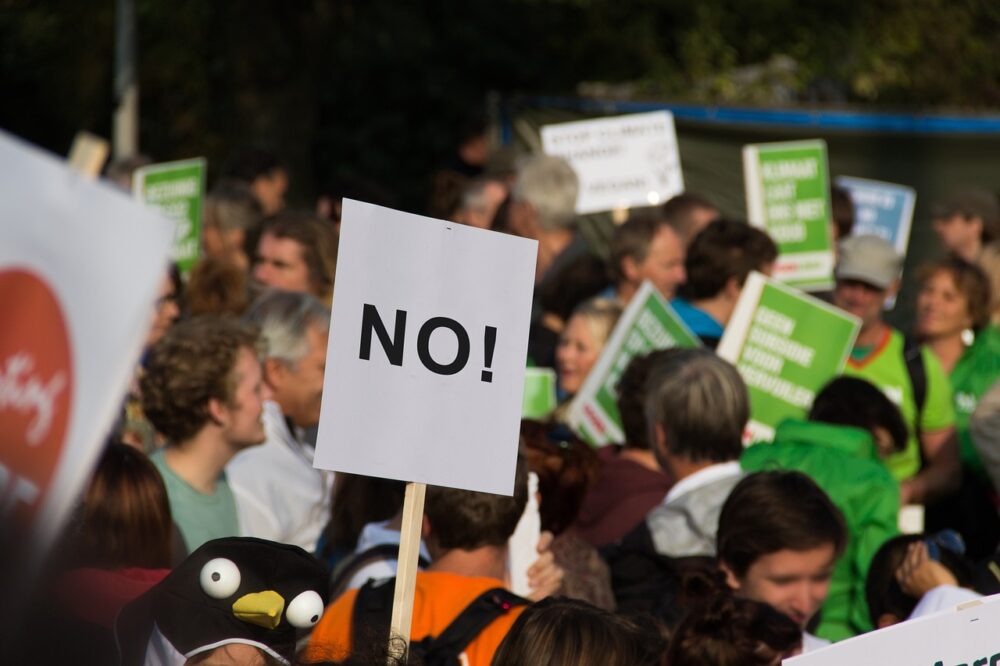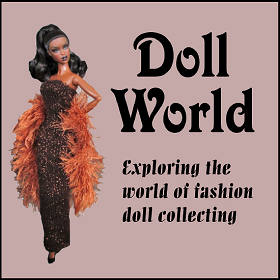Scalping/Flipping Dolls for Profit – Is it ETHICAL?
Buying items to resell for a profit is the epitome of capitalism – the economic philosophy of most current societies. In the US there’s no limit to what enterprising folks will flip for extra money off the top – food, houses, cars, gasoline, import junk from China … you name it and somebody’s guaranteed to be offering it for sale with a profit margin built into the price. This is called “doing business,” and most people have no problem with it as long as sellers appear to be abiding by expected market rules, such as reselling at an increased price in order to cover the costs of reselling while making a “reasonable” profit.
However, problems arise when certain resellers “game” the system to create an unfair advantage by creating monopolies or artificial scarcities that prevent buyers from obtaining products at prices considered “reasonable.” Ticket scalpers are a prime example of this – they scoop up all or most available items offered for sale in order to instantly resell those items at prices ridiculously higher than the retail price – two, three, sometimes five or ten times the original retail price – so that no one else can get those items at the expected retail price.

Price scalping has become a lucrative business to the extent that some scalpers employ bots to flood an online purchasing system specifically to prevent individual buyers from being able to purchase at all. The original retail seller receives the expected amount when limited items sell out, but then a secondary seller ends up holding all the items specifically to resell at a huge windfall. If the reseller ends up not selling the majority of items due to greed overriding demand for the items, this could spell disaster, especially if the items are tickets for a performance tied to audience attendance.

This price scalping approach appears to be affecting a wide variety of items that have a high fan following and demand. Even fashion dolls are falling victim to this profiteering scheme, where it appears that bot farms are scanning algorithms to determine what may become a lucrative secondary retail/resell market. This almost seems systematic and coordinated, with the same resellers scooping up new-release dolls or hard-to-find dolls, and reselling them at ridiculously inflated prices.
Doll fans and collectors are rightly outraged by this, because it prevents them from enjoying dolls that were readily available at one brief point, until “unseen forces” swooped in and prevented almost every normal buyer from acquiring the desired doll at the normal retail price set by the manufacturer. Repeated pleas to major doll retailers/manufacturers to take steps to curb doll scalping have gone mostly unheeded.
We at DOLL-WORLD have faced a similar situation of profiteering at our expense, making us feel naive and a bit foolish. Our original goal was to offer dolls on our website at prices similar to the cost to acquire them, so that other collectors could purchase these dolls at what we considered “reasonable” and “fair” prices. Sadly, we’ve found dolls we recently sold on our website immediately listed for resale on Ebay at twice the price we sold them. While we can’t fault anyone for entrepreneurial moxie, this situation has prompted us to seriously reevaluate our pricing structure to discourage blatant profiteering of dolls we’ve carefully chosen to relinquish from our collection. We apologize to other doll collectors and potential buyers, but it makes no sense to give away sales profits to anyone who buys dolls simply to flip for a quick buck rather than add them to their personal collection. From now on, we’ll try to keep pace with current reseller prices and retain sales profit ourselves. This means increasing our prices above what we considered to be “reasonable.” Yet again, the greed of opportunistic capitalism triumphs over common sense and the genuine enjoyment of doll collecting.
